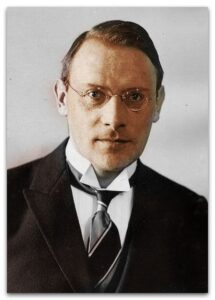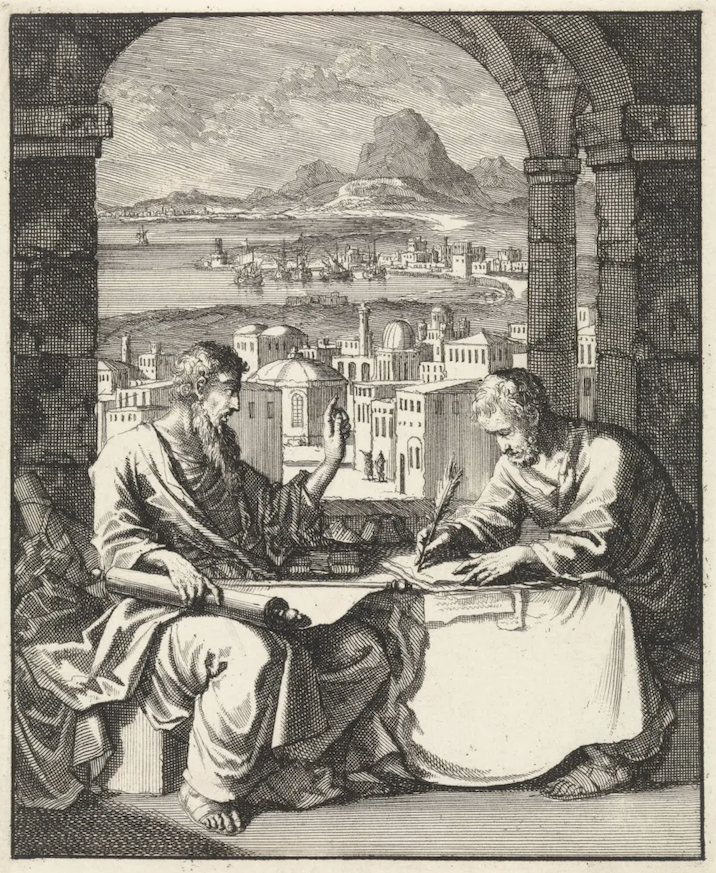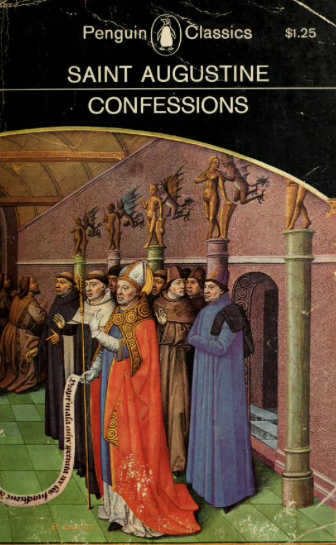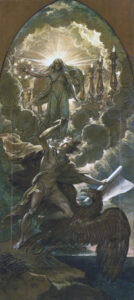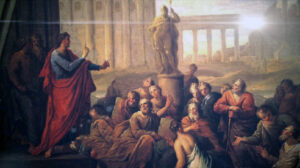Greetings to All!
by Martin Kerr
Let us start off this update with some good news: This has been a strong week for the NEW ORDER on social media, which is now one of the important battlefronts on which our struggle is being waged.
Specifically, we have had two very succesful posts within the space of four days on Gab. Together, these two posts combined have had 50,588 views (!), along with 820 likes, and 336 reposts (including quotes). These numbers will likely go up a little bit over the coming week. Those reading this update who have engaged in “real world” activism will realize that the amount of time, effort and expense it would take to distribute 50K leaflets, stickers or message cards would be immense. A single social media post (or two of them together) is not going to change the world, but spreading our message to tens of thousands of our White brothers and sisters is certainly a step in the right direction!
You may view the two posts here:
New Mini-Leaflet Campaign Gaining Some Traction
Starting in October, the Central Office mailed out packets of our new mini-leaflets to key activists for public distribution. So far, we have received word of distributions in eight states, namely Arkansas, Florida (multiple locations), Kentucky, Maryland, Nebraska, New York, Virginia (multiple locations), and Wisconsin. I suspect that that activists in other states have conducted additional distributions, but have not reported them to the Central Office. In one location – Brooklyn, NY – our good work was mentioned in the media. See:
These mini-leaflets are designed primarily to drive traffic to our website. We are not trying to “convert” normies into Hitlerists with a single leaflet, but rather to attract people who are already sympathetic (or merely curious) to our website, where serious education can take place. Mini-leaflets have been used to enhance the content of books in libraries, bookstores, used bookstores and newstands. Some have been place on bulletin boards or left at the coffee stations in convenience stores. Other comrades, using spray adhesive, glue and/or packing tape, have used the mini-leaflets as stickers.
Anyone wanting a packet of these cheery little fliers to distribute in their area should contact the Central Office, either by email or postal mail. To see what some of our designs are, check out this post by Racial Consciousness on Gab, here:
March 9th – Day of Action
March 9, 2025/JdF 135, will be the 107th anniversary of the birth of George Lincoln Rockwell, founder of post-War American National Socialism. This would be an excellent occasion for comrades nationwide to spread the Good Word of Adolf Hitler far and wide, operating either in small groups (preferred) or as lone wolf activists. Whether it is by the distribution of printed material or in some other manner, seize this opportunity to join with other National Socialists in bringing our message to our racial brothers and sisters.
If you choose to participate, be sure to report your activities – whether large or small – to the NEW ORDER Central office.
In Memoriam
We are sorry to report the passing of our longtime comrade, Douglas Winkleman. We are informed that he died from complications due to cancer on Dec. 12, 2023. He was 66. Comrade Winkleman is survived by his wife, five children and seven grandchildren. In the 1970s and 1980s, he was an officer in the Los Angeles Unit of the National Socialist White People’s Party. He also served for a year at party National Headquarters in Arlington, Va., as Corresponding Secretary and aide to Commander Matt Koehl. A full obituary of Doug will be forthcoming.
Webste News
We are still in recovery mode from the deplatfoming of our website in August. We are retaining counsel to get our previous URL restored to us. In the meantime, our new platform (https://theneworder.net/) is up and running. This past week we were able to get our Leaflet Library page back up, with the new URL on all leaflets. See:
You may use this resource to download leaflets for reproduction and distribution.
The two most-recent posts on the website are:
Matt Koehl’s classic 1967 essay, “Adolf Hitler: German Nationalist or Aryan Racialist?” This is the first time that we have had this important treatise on a NEW ORDER website or blog. Read at: LINK
A new short article by Martin Kerr, entitled, “An Historical Footnote: The Meeting between George Lincoln Rockwell and Otto Strasser.” See: LINK
Please excuse the tardiness of this update. There is a lot going on with the NEW ORDER right now, and we are operating with a very small staff that stretches us to the limit. We ask for your patience.
Stay in touch!
Heil Hitler!
Martin Kerr
Chief of Staff
NEW ORDER


